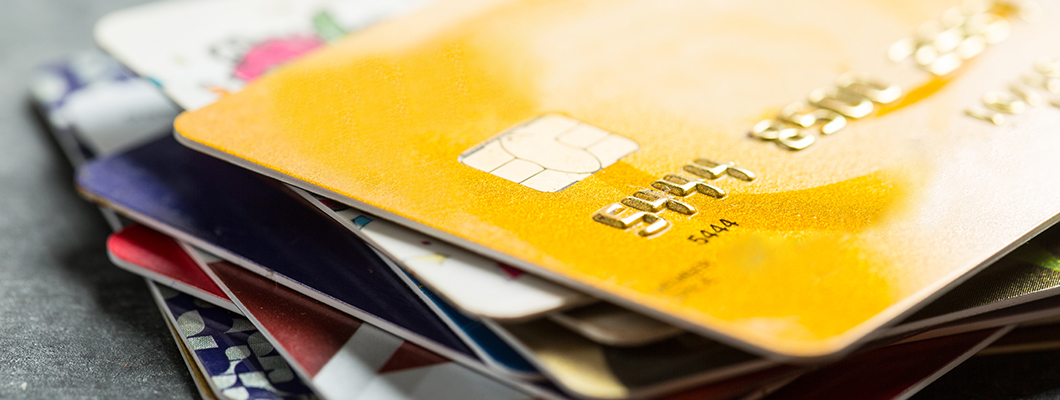
Forex vs Cash vs Debit Card – Understanding the Pros and Cons
Posted on Wednesday, May 26th, 2021 | By IndusInd Bank
A vacation is the most awaited time of the year as it allows you to take a break from the monotony of daily routine. When undertaking international travel, you hope to indulge in some carefree shopping and exploring a foreign land. But this excitement can be dampened by the hassle of carrying foreign currency. So what can you do to carry money in a safe way?
Earlier, frequent travellers would invest in traveller’s cheques, but now there are various more convenient options in the market. Forex cards and international debit cards dominate the market for international travellers, thanks to their convenience and safety. But what makes them better than plain old cash? Here’s a detailed comparison of the pros and cons of the three most popular methods of carrying money during international travel.
Forex Cards – Pros and Cons
Frequent travellers swear by Forex cards and rightly so. They are the safest way to carry international currency as they come with a plethora of firewalls that bolster their safety levels. Their wide acceptability, fixed exchange rates and ability to hold multiple currencies make them a favourite of frequent fliers. Have you faced a debit or credit card theft in a foreign land that deters you from carrying cards? Well, now you can easily take multiple currencies in your pocket without a shred of worry- thanks to the multi-security levels of Forex cards.
For instance, IndusInd Bank offers multi-currencyForex cards protected by a user ID and password. Additionally, wealso provide SMS alerts and instant hot-listing of the card in case of theft.
There are little to no cons of carrying a Forex card. Their easy accessibility, multi-currency feature, bolstered protection, fixed conversion rates and wide acceptability make them the preferred choice of international travellers.
Debit Cards and their Pros and Cons
For international travel, debit cards are best used for withdrawing money from ATMs. Due to the vast network of ATMs all over the world, debit cards are a convenient means to withdraw cash intermittently during your stay abroad. Besides, debit cards ensure that you get the best exchange rate and don’t end up burning a hole in your pocket due to high conversion rates.
However, these features have a catch. Debit cards are vulnerable to frequent exchange rate fluctuations which can be a major inconvenience as you will have to stay abreast of the latest rates. Moreover, they are not anti-theft like Forex cards and charge a hefty fee for every transaction. Carrying a debit card can further put a wrench in your plans if you run out of cash, as you might have to search for ATMs to withdraw money.
Cash in International Travel
There are many pros of carrying cash inyour trip abroad. Free cash comes in handy frequently while paying for a quickcab ride, giving tips and for various other reasons. No additionalinconvenience of frequenting ATMs, remembering a password or PIN is required.Moreover, it is accepted universally and does not levy any additional charges.
On the other hand, cash is also heavilyprone to theft with no means of recovering the stolen money. If you’re planningcross-country travel, you will have to suffer through long queues to get thecurrency exchanged at every airport and pay a fee for it.
Final Thoughts
Are you awaiting the dates for your foreign trip and have everything else in place? Apply for a forex card with IndusInd Bank and enhance your international travel experience. Our forex cards can be loaded with up to 14 currencies, are accepted globally, and provide a seamless transacting experience. Avail of the superior services of IndusInd Bank combined with the forex cards advantage and join the ‘smart’ traveller club.
Disclaimer: The information provided in this article is generic in nature and for informational purposes only. It is not a substitute for specific advice in your own circumstances. Hence, you are advised to consult your financial advisor before making any financial decision. IndusInd Bank Limited (IBL) does not influence the views of the author in any way. IBL and the author shall not be responsible for any direct/indirect loss or liability incurred by the reader for taking any financial decisions based on the contents and information.



 Offers
Offers Rates
Rates Debit Card Related
Debit Card Related Credit Card Related
Credit Card Related Manage Mandate(s)
Manage Mandate(s) Get Mini Statement
Get Mini Statement
 categories
categories Bloggers
Bloggers Blog collection
Blog collection Press Release
Press Release

